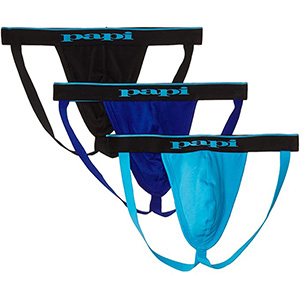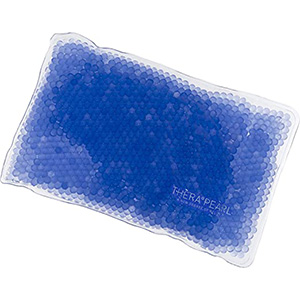Categories: Complications
Is there any medical evidence to suggest vasectomy can cause or lead to hydrocele, hermatocele, spermatocele, and or varicocele? I had a vasectomy done four years ago and two years later began having some of the symptoms associated with the above mentioned disorders. It has now gotten to the point where the pain is distracting and I want to have an examination. Also, my left testicle which is the one with the artery swellings and shrinkage, also retracts into the abdomen during an erection. Do you have any specific or general advice on these matters?
Lets start by defining these terms. Hydrocele is an increased amount of fluid in the tunica vaginalis, a sac that surround the testicle. Normally, a small amount of physiologic fluid is found there, but this can increase to the point where it becomes noticeable on physical examination. Hematocele is a collection of blood in the scrotum, usually caused by trauma or surgery. Spermatocele is a fluid and sperm filled cyst that develops off of one of the tubules of the epididymis. Varicocele is a dilated and incompetent group of veins draining blood from the testicle. Hydroceles and varicoceles are both extremely common conditions in men. In fact, over 10% of the population has a varicocele and this number rises close to 40% in patients presenting to an infertility clinic.
Neither one of these conditions is associated with vasectomy. Spermatoceles do seem to occur more frequently after a vasectomy. One study looking at ultrasounds of the scrotum after vasectomy found that 35% of men will develop a spermatocele after a vasectomy, but the number of clinically significant spermatoceles is obviously much lower. A hematocele is a complication of a vasectomy that results from uncontrolled bleeding into the scrotum. This occurs in as few as 1.6% of vasectomies and is highly correlated with the number of vasectomies your surgeon performs annually.
- The topic ‘Can a vasectomy lead to hydrocele, hermatocele, spermatocele or varicocele?’ is closed to new replies.



